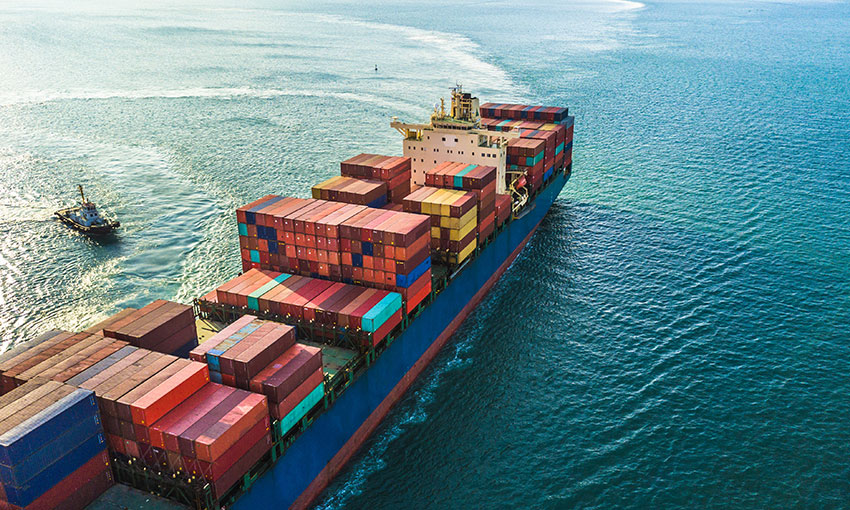A SURVEY of 29 shipping companies found some carriers envisage a multi-fuel future for their fleets.
The Global Maritime Forum, the Global Centre for Maritime Decarbonisation and the Maersk Mc-Kinney Møller Center for Zero Carbon Shipping conducted the survey to understand how industry leaders are thinking about future fuels.
Of the 29 participating shipping companies, 12 indicated they have already run pilot programs involving at least one low-carbon fuel.
GMF said companies expressed a need to prepare for fleets that simultaneously run on three or more families of fuels.
The survey asked companies for their projections about fuel usage across the entire industry, and respondents expressed a belief that, after fossil-based fuel oil, biodiesel and fossil-based LNG will be the most commonly adopted fuels by 2030.
In the longer term, respondents expect a diminishing role for fossil-based fuel oil and a growing adoption of a “dramatically expanded” range of other choices.
Global Centre for Maritime Decarbonisation CEO Lynn Loo said the shipping industry is in a period of exploration and experimentation to understand the implications of adopting different fuels.
“Surveys like this play a crucial role to inform the industry and public, and support shipping’s transition to a zero-emissions future,” she said.
Maersk Mc-Kinney Møller Center for Zero Carbon Shipping CEO Bo Cerup-Simonsen said the industry will need to think strategically about how to operate multi-fuel fleets.
“Green fuels must be introduced in a safe and cost-efficient manner to make them the preferred alternative to current petroleum products.”
GMF said ports and bunker suppliers might prioritise the availability of individual fuels in the short term, but in the longer-term, ports hoping to attract more future vessels should prepare to offer multiple fuel types.
GMF CEO Johannah Christensen said the industry needs a more ambitious regulatory framework with reduction targets and supporting policies to close the cost gap between green fuels and the fossil fuels that currently power the global fleet.
“The sooner there is clarity about targets and policies, and the sooner these come into effect, the easier it will be for companies to develop a view on how to meet the goals,” she said.
“The role of regulators will be crucial in this process, in particular the outcome of the ongoing negotiations at the IMO.”
GMF claims the companies surveyed represent around 20% of the world’s total fleet capacity.
They own and operate container ships, tankers, dry bulkers, gas carriers, car carriers, cruise ships, tugs and offshore vessels.

